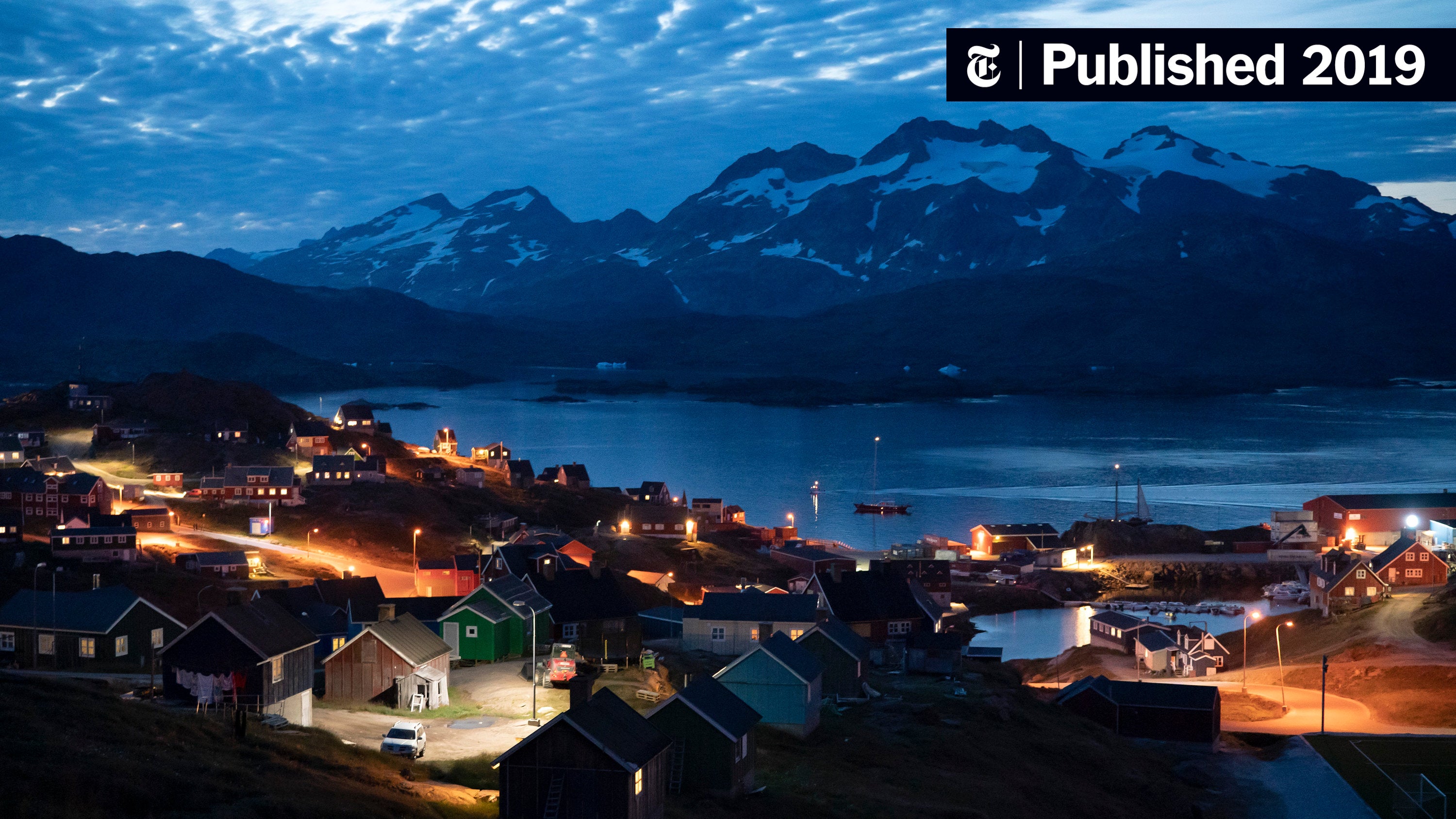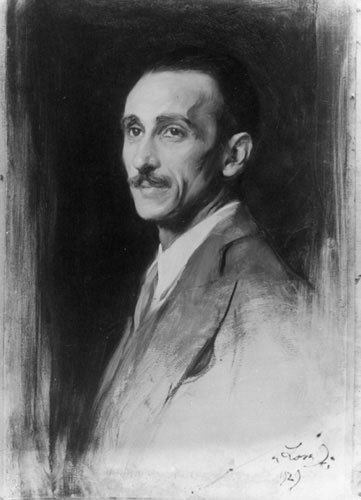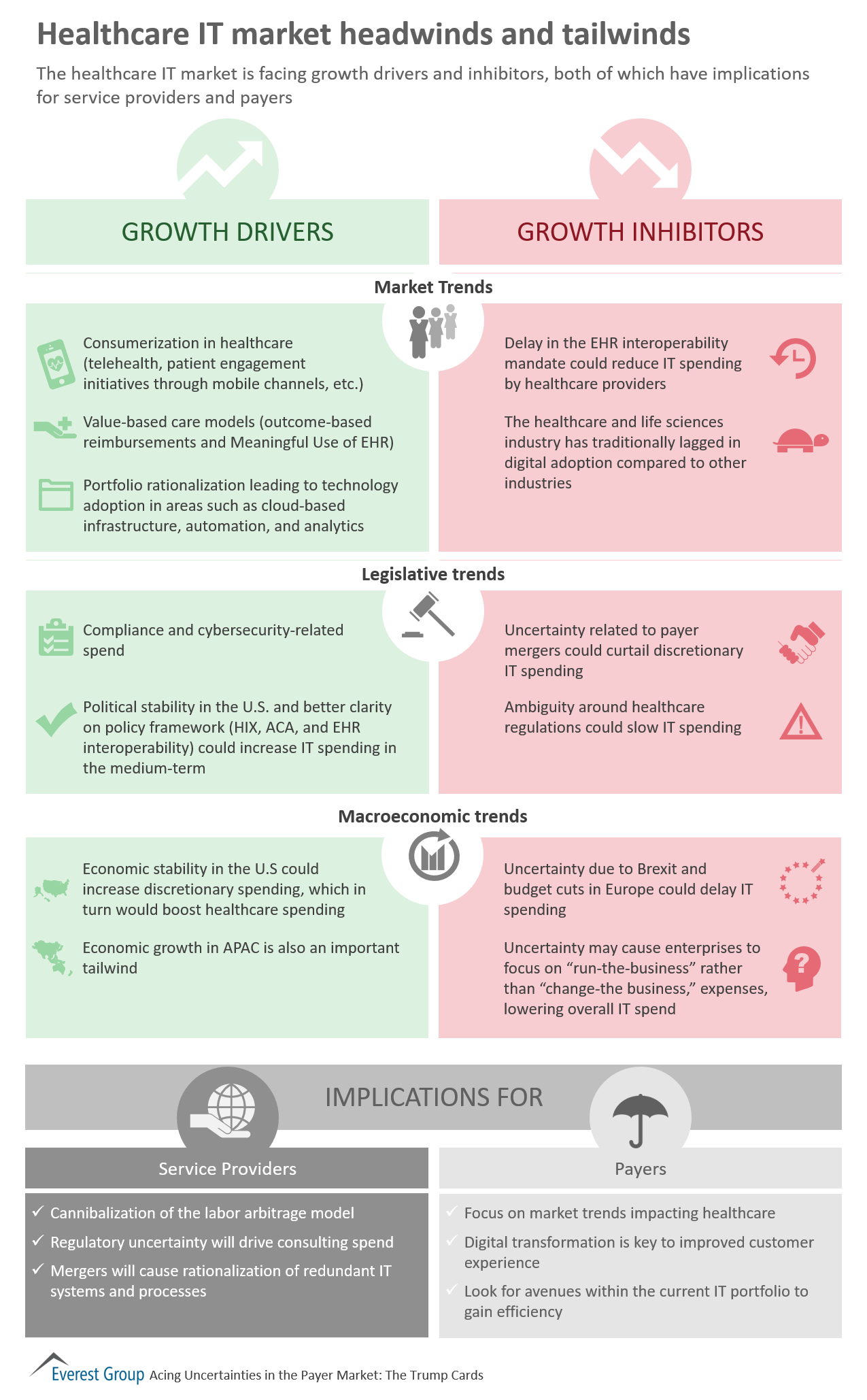Denmark Accuses Russia Of Spreading False Greenland News To Exacerbate US Tensions

Table of Contents
The Nature of the Disinformation Campaign
Russia's disinformation campaign against Greenland utilizes fabricated stories and false narratives to sow discord and undermine trust. These state-sponsored efforts aim to manipulate public opinion, both within Greenland and internationally, particularly targeting US policymakers. The overarching goal appears to be exploiting existing geopolitical tensions and furthering Russia's own Arctic ambitions.
- Examples of false news stories: Fabricated reports claim increased US military presence in Greenland, exaggerating the scale of existing deployments and suggesting aggressive expansionist intentions. Other narratives focus on falsely depicting resource exploitation by the US, portraying it as environmentally destructive and economically exploitative for Greenland. Finally, there are attempts to undermine Greenland's autonomy by suggesting Denmark and the US are controlling Greenlandic decision-making regarding its natural resources.
- Platforms used for dissemination: Pro-Kremlin media outlets and social media platforms, particularly those known for their susceptibility to disinformation campaigns, are heavily used. This allows for broad reach and amplified impact. Bots and troll farms are believed to be instrumental in spreading these false narratives.
- Target audience: The campaign targets both the Greenlandic population, aiming to foster anti-Western sentiment, and US policymakers, aiming to sow distrust in US-Danish relations and Greenland’s autonomy.
Denmark's Response and Evidence
Denmark has responded forcefully to these accusations, providing evidence of a coordinated Russian disinformation campaign. The Danish government has publicly condemned Russia's actions and initiated diplomatic measures to address the situation. International allies have offered support, recognizing the significance of this information warfare.
- Specific statements by Danish officials: High-ranking Danish officials have publicly accused Russia of engaging in a deliberate and malicious campaign to spread false information about Greenland. These statements emphasize the seriousness of the situation and call for international cooperation to counter the disinformation efforts.
- Types of evidence presented: While specific details remain classified, Danish authorities hint at intercepted communications and detailed social media analysis as evidence supporting their claims. This analysis suggests a coordinated effort, involving multiple actors and platforms, to amplify false narratives about Greenland.
- International support received: Denmark has received support from various international allies who recognize the threat posed by Russian disinformation campaigns. This collective condemnation underscores the seriousness of the issue and the need for a concerted international response.
Geopolitical Implications in the Arctic
This disinformation campaign highlights the growing geopolitical tensions in the Arctic region. Greenland's strategic location and potential resources make it a critical area in the competition between great powers. The incident underscores the vulnerability of Arctic nations to information warfare.
- Importance of Greenland's resources: Greenland possesses significant mineral resources, including rare earth elements crucial for modern technologies, and substantial fishing grounds. Control or influence over these resources is a key factor in geopolitical competition.
- Strategic location for military operations: Greenland's geographic location makes it strategically important for military operations and surveillance in the Arctic. The presence or absence of military bases has become a focal point in the disinformation campaign.
- Impact of climate change: Climate change is opening up the Arctic, increasing accessibility to its resources and creating new opportunities for economic activity and military operations. This heightened access also increases the potential for conflict and the need to manage information effectively.
The Role of Social Media
Social media plays a crucial role in amplifying these false narratives. Russia leverages the inherent virality of social media platforms, combined with sophisticated techniques like botnets and coordinated troll campaigns, to efficiently spread disinformation. This online influence operation works to manipulate public opinion and create a climate of uncertainty. Understanding these techniques is vital in mitigating the impact of such campaigns. The use of bots, trolls, and coordinated messaging significantly amplifies the reach and effectiveness of the misinformation, making it a critical aspect of the overall strategy.
Conclusion
Russia's disinformation campaign targeting Greenland represents a significant escalation in Arctic geopolitical tensions. Denmark's response highlights the seriousness of this information warfare and the need for international cooperation to counter such activities. The strategic importance of Greenland and the Arctic region, coupled with the impact of climate change, makes effective countering of disinformation crucial for regional stability. Combating disinformation concerning Greenland requires a multi-faceted approach, including improved media literacy, stronger international collaboration, and robust fact-checking initiatives. Understanding the Greenland-Russia disinformation conflict is essential for navigating the complexities of the Arctic's evolving geopolitical landscape. Analyzing the impact of false news on Greenland's geopolitical standing remains critical to preserving regional peace and stability. We must all actively work towards combating this type of misinformation.

Featured Posts
-
 Is Ahmed Hassanein On Track To Be The First Egyptian In The Nfl Draft
Apr 26, 2025
Is Ahmed Hassanein On Track To Be The First Egyptian In The Nfl Draft
Apr 26, 2025 -
 Chinas Impact On Bmw And Porsche Sales Market Headwinds And Future Outlook
Apr 26, 2025
Chinas Impact On Bmw And Porsche Sales Market Headwinds And Future Outlook
Apr 26, 2025 -
 Demolition Dispute An American Battleground With The Worlds Richest Man
Apr 26, 2025
Demolition Dispute An American Battleground With The Worlds Richest Man
Apr 26, 2025 -
 The Worlds Tallest Abandoned Skyscraper A Construction Update
Apr 26, 2025
The Worlds Tallest Abandoned Skyscraper A Construction Update
Apr 26, 2025 -
 Blue Origins Rocket Launch Postponed Vehicle Subsystem Malfunction
Apr 26, 2025
Blue Origins Rocket Launch Postponed Vehicle Subsystem Malfunction
Apr 26, 2025
